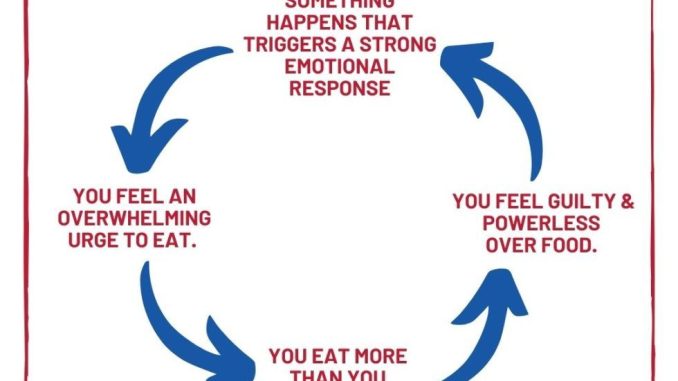
Emotional eating is a common coping mechanism where individuals turn to food to deal with their emotions rather than hunger. It is often triggered by stress, boredom, sadness, or even happiness. Emotional eating can lead to weight gain, poor health, and a negative cycle of guilt and shame.
Recognizing Triggers
To overcome emotional eating, it is important to first recognize your triggers. Keep a food diary to track when and why you are reaching for food. Are you eating out of boredom, stress, or loneliness? Once you identify your triggers, you can begin to develop healthier coping mechanisms.
Developing Healthy Habits
Instead of turning to food for comfort, try developing healthier habits to manage your emotions. Exercise, meditation, journaling, or talking to a friend can help alleviate stress and improve your mood without turning to food. Find activities that bring you joy and fulfillment.
Mindful Eating
Practice mindful eating by paying attention to your hunger cues and listening to your body. Eat when you are hungry and stop when you are satisfied. Avoid mindless snacking in front of the TV or computer. By being present during meals, you can make healthier food choices and enjoy your food more.
Seeking Professional Help
If you find that emotional eating is a persistent issue that is impacting your health and well-being, consider seeking professional help. A therapist or counselor can help you address the underlying emotions that are driving your eating habits and develop healthier coping strategies.
Building a Support System
Share your struggles with emotional eating with friends or family members who can offer support and encouragement. Join a support group or online community for individuals who are also working to overcome emotional eating. Having a strong support system can help you stay motivated and accountable.
Overcoming emotional eating is a journey that requires self-awareness, patience, and determination. By identifying your triggers, developing healthy habits, practicing mindful eating, seeking professional help, and building a support system, you can break free from the cycle of emotional eating and improve your overall well-being.
